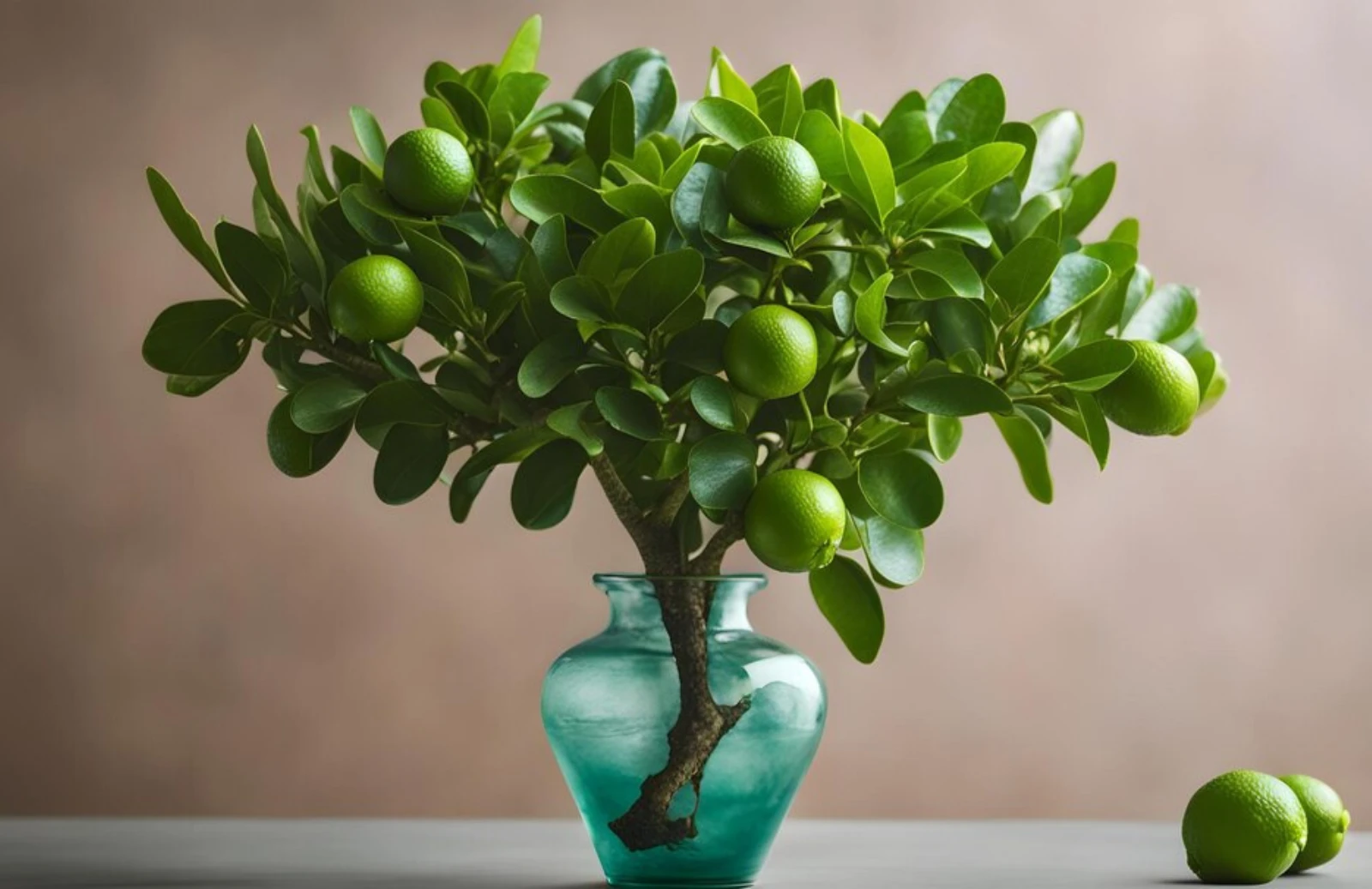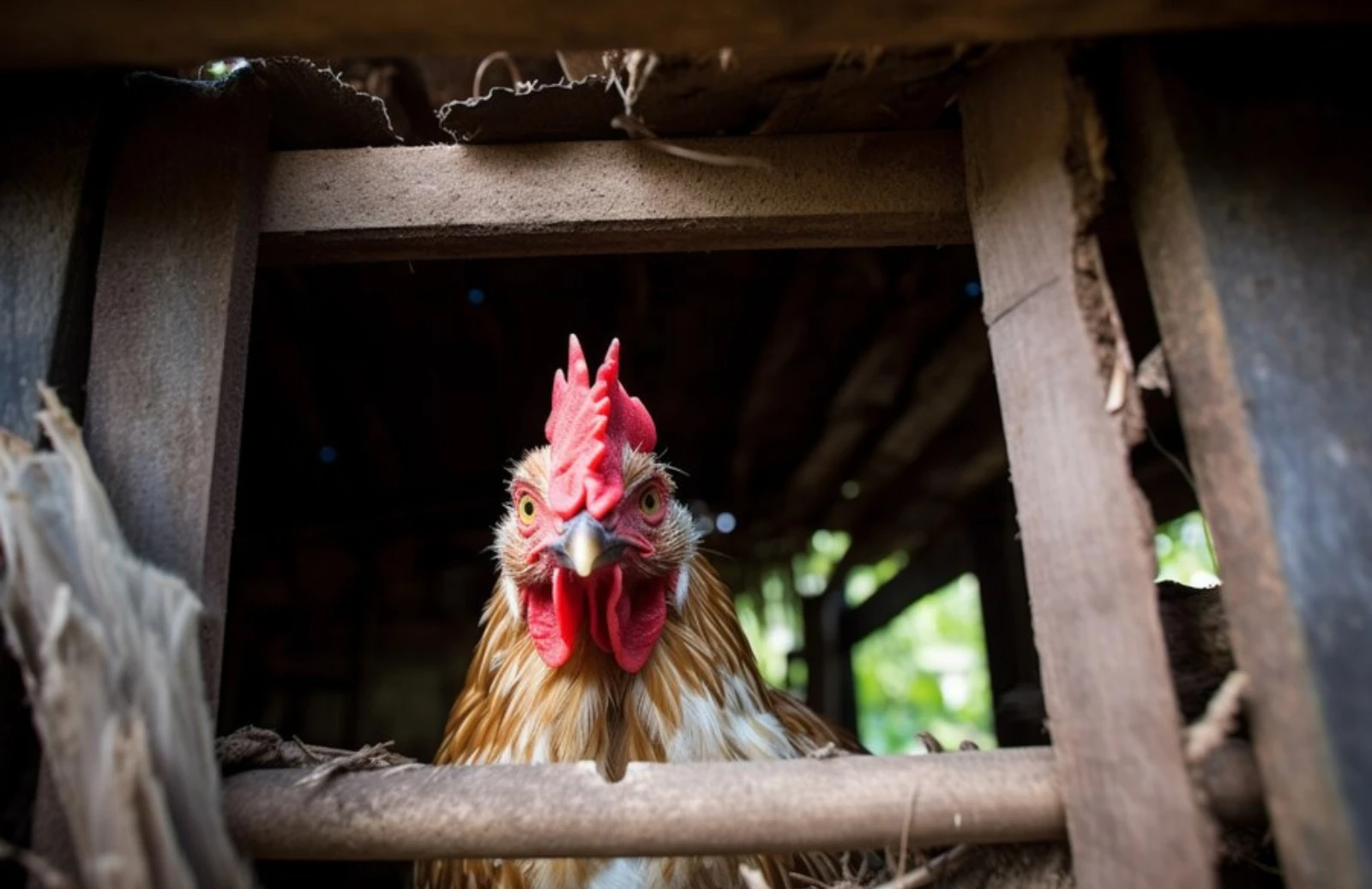Gardening enthusiasts often lament the lack of space in urban environments. However, the trend of growing dwarf fruit trees has provided a solution, enabling city dwellers and those with limited outdoor areas to cultivate their fresh fruit. Dwarf fruit trees are specially bred to remain small and manageable, yet they still produce full-sized fruit. Here, we explore the advantages of dwarf fruit trees and highlight some popular varieties that thrive in confined spaces.
Benefits of Dwarf Fruit Trees
- Space Efficiency: Dwarf fruit trees are ideal for small gardens, patios, balconies, and even indoor spaces. They typically reach a height of 6-10 feet, making them perfect for limited areas where traditional fruit trees would be impractical.
- Ease of Maintenance: These trees require less pruning and are easier to manage due to their smaller size. Harvesting is also more convenient since the fruit is within easy reach.
- Faster Fruit Production: Dwarf trees often begin to bear fruit sooner than their full-sized counterparts, sometimes within just 1-3 years of planting. This is a significant advantage for those eager to enjoy homegrown produce.
- Aesthetic Appeal: Besides their practical benefits, dwarf fruit trees can enhance the visual appeal of a space. Their compact, lush foliage and vibrant fruits can add a touch of nature and beauty to urban settings.
Popular Dwarf Fruit Trees
- Apple Trees: Varieties like ‘Honeycrisp’, ‘Fuji’, and ‘Gala’ are available in dwarf forms. These trees can thrive in pots or small garden plots, providing delicious, crisp apples without requiring extensive space.
- Citrus Trees: Dwarf citrus trees, including lemons, limes, and oranges, are perfect for small spaces. Varieties such as ‘Meyer Lemon’, ‘Key Lime’, and ‘Calamondin Orange’ can be grown in containers, indoors or outdoors, and they emit a delightful fragrance.
- Peach Trees: Dwarf peach trees like ‘Bonanza’ and ‘Golden Glory’ are compact and can produce sweet, juicy peaches. These trees are suitable for small gardens or large pots and thrive in sunny locations.
- Cherry Trees: Dwarf cherry trees, including ‘Stella’ and ‘North Star’, offer the charm of cherry blossoms and the reward of delicious fruit. These trees are well-suited for small spaces and can even be grown in containers.
- Fig Trees: Dwarf fig trees such as ‘Petite Negra’ and ‘Little Miss Figgy’ are ideal for confined spaces. These trees are not only attractive but also yield sweet, nutritious figs.
- Pear Trees: Varieties like ‘Moonglow’ and ‘Seckel’ are available in dwarf forms. These trees can be grown in small gardens or large containers, providing crisp, flavorful pears.
- Plum Trees: Dwarf plum trees, such as ‘Santa Rosa’ and ‘Stanley’, are excellent choices for limited spaces. They produce tasty plums and can be easily managed in small gardens or pots.
Growing Tips for Dwarf Fruit Trees
- Choose the Right Container: If planting in pots, select containers that are large enough to accommodate the tree’s root system. Ensure the containers have proper drainage to prevent waterlogging.
- Use Quality Soil: Opt for well-draining potting soil rich in organic matter. This will provide the necessary nutrients for healthy growth.
- Provide Adequate Sunlight: Most dwarf fruit trees require full sun to thrive. Place them in a location that receives at least 6-8 hours of direct sunlight daily.
- Regular Watering: Consistent watering is crucial, especially for container-grown trees. However, avoid overwatering as it can lead to root rot.
- Pruning and Fertilization: Regular pruning helps maintain the tree’s shape and promotes better fruit production. Use a balanced fertilizer to supply essential nutrients throughout the growing season.
In conclusion, dwarf fruit trees are a fantastic option for anyone with limited gardening space. They offer the dual benefits of aesthetic appeal and fresh, homegrown fruit, making them a worthwhile addition to any small-scale garden or urban living space.










